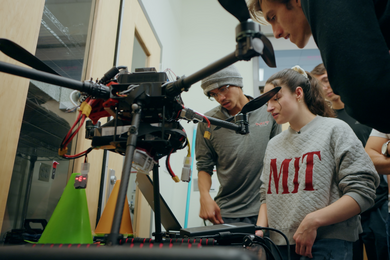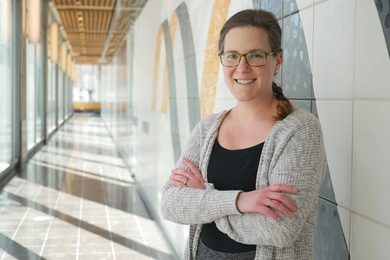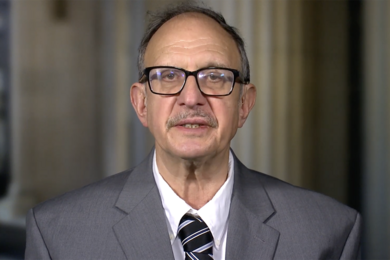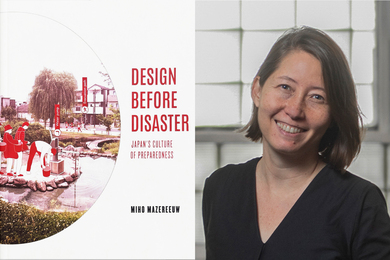MIT Tech Talk received word of the following student awards that were not in time for the May 31 awards issue.
Danielle A. Hinton, a senior in electrical engineering and computer science from Yorktown, VA, won the William H. Wiley Student Leadership Award given at the annual Black Engineer of the Year Awards and Conference. The award is given to an undergraduate who has demonstrated leadership in engineering thorough personal accomplishments and developments and has promoted science, technology and black self-reliance. Ms. Hinton, who was co-founder of Black Women's Alliance and co-director of the Eta Kappa Nu Women's Initiative, also mentored younger students and summer interns and did tutoring while at MIT.
Jessica Lackey, a senior in physics from Houston, TX, won the Barrett prize for her undergraduate thesis work in analyzing and interpreting Rossi X-ray Timing Explorer data from anomalous X-ray pulsars. The $1,000 award, established by the late Professor Alan H. Barrett's students, friends, relatives and colleagues, honors his influence in the education of physicists and his fundamental contributions to the science and technology of astrophysics. It is awarded annually to a senior undergraduate or a junior graduate student on the basis of exceptional research in astrophysics at MIT.
HST AWARDS
The Harvard/MIT Division of Health Sciences and Technology (HST) also announced the following awards, presented at its graduation exercises on June 5.
The inaugural Thomas A. McMahon Mentoring Award was presented to Elazer R. Edelman, the Thomas D. and Virginia W. Cabot Associate Professor of HST and associate professor of medicine at Harvard Medical School (HMS). It is presented to a faculty member who not only provides scientific guidance to his or her students, but also inspires personal growth. The award honors Thomas A. McMahon, an HST professor remembered for inspirational teaching and genuine dedication to his students.
Professor Edelman's research uses elements of continuum mechanics, digital signal processing and polymeric controlled release technology to examine the cellular and molecular mechanisms that produce accelerated atherosclerosis and transform stable coronary artery disease to unstable coronary syndromes. His most recent publications have focused on how tissue engineered cells might be used for the local delivery of growth factors and growth inhibitors in the study of the mechanisms behind, and potential treatments for, arterial restenosis following balloon angioplasty, vascular bypass and endovascular implantation. He has supervised nearly 50 graduate students and post-docs, as well as half a dozen undergraduate theses.
Recipients of Irving M. London Teaching Awards were HST affiliated faculty Richard H. Masland, the Charles Anthony Pappas Professor of Neuroscience at HMS, and David N. Louis, associate professor of pathology at HMS. They were recognized by students for their joint teaching of Introduction to Neuroscience. The award is named after Irving M. London, HST's first director.
A version of this article appeared in MIT Tech Talk on June 7, 2000.





